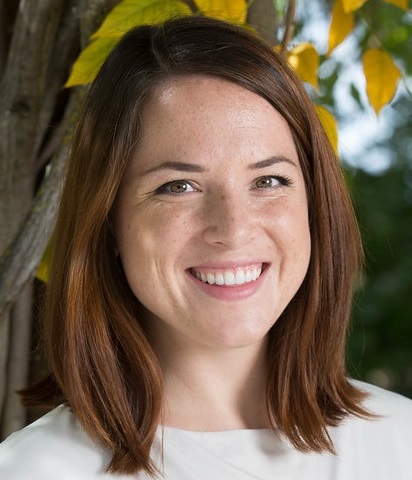“The emotions you’re feeling are ok. It is crucial to know that they are the result of what you went through and are not your fault.”
Natalie Kish was drugged and raped by an acquaintance at her off-campus apartment. The perpetrator entered her room while she and her roommate slept. She remembers coming in an out of consciousness, and during the assault was unable to speak. She attempted to resist by rolling away, but the perpetrator pulled her back to continue the assault.
The next morning Natalie went to the hospital immediately and received a rape kit. “Luckily for me I went to a pretty good hospital, had a SANE nurse, and a patient advocate. But unfortunately that is not the case in all hospitals.”
Individuals in her building contacted her university’s public safety department who alerted the police. The perpetrator was arrested, but was not convicted at the trial 11 months later.

Though Natalie is glad she quickly sought legal and medical attention, it felt overwhelming to share what happened to her with so many people right away. “Everybody was trying to get more information from me at once when I didn’t even know what happened. That’s a lot.” She found having a strong support system of friends and family who believed her story to be extremely important.
It was not until three years after the assault that Natalie realized she was suffering from symptoms of PTSD. It helped Natalie to remember that the assault was not her fault. “The emotions you’re feeling are ok. It is crucial to know that they are the result of what you went through and are not your fault.”